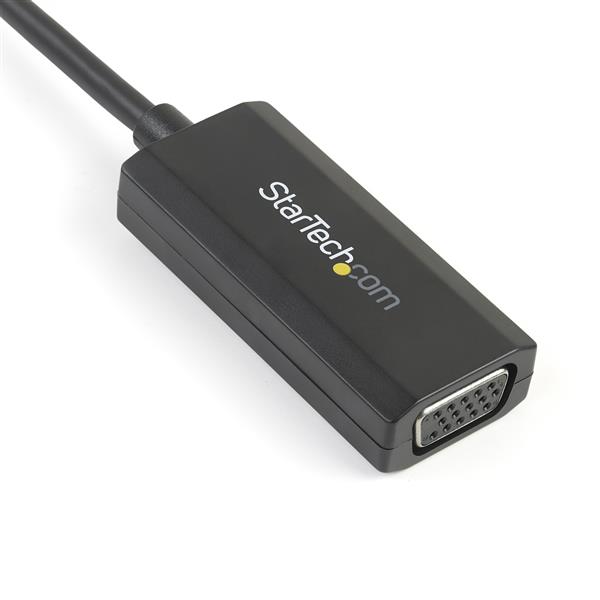

|_ Port 5: Dev 3, If 0, Class=Vendor Specific Class, Driver=, 12M |_ Port 1: Dev 2, If 0, Class=Video, Driver=uvcvideo, 480M

|_ Port 1: Dev 2, If 1, Class=Video, Driver=uvcvideo, 480M

: Bus 03.Port 1: Dev 1, Class=root_hub, Driver=xhci_hcd/2p, 480M What can I do in order to get those ports to work? lsusbīus 004 Device 001: ID 1d6b:0003 Linux Foundation 3.0 root hubīus 003 Device 001: ID 1d6b:0002 Linux Foundation 2.0 root hubīus 002 Device 001: ID 1d6b:0003 Linux Foundation 3.0 root hubīus 001 Device 008: ID 0cf3:e300 Atheros Communications, Inc.īus 001 Device 003: ID 06cb:0081 Synaptics, Inc.īus 001 Device 002: ID 5986:210d Acer, Incīus 001 Device 001: ID 1d6b:0002 Linux Foundation 2.0 root lsusb -t
Dockstation usb fresco logic windows 10#
The ports do work under Windows 10 and on a friend's Macbook Pro. The second USB C port does, however, work with a USB C to DP cable and a monitor connected this way does display the image. I connected a keyboard via a USB C to USB A converter, and it couldn't enter any characters. The second USB C port on the dock also doesn't recognize USB devices. The ports do have power on them, but that's it. No devices connected to the USB A ports on the Belkin dock are detected, and there is no output on dmesg. The exact model name is "Thunderbolt™ 3 Express Dock HD - Dual 4k Display, 85W PSU" and can be found here, here, and here (multiple links to prevent bit rot). I got the Belkin Thunderbolt 3 Dock which I connect via the included USB C cable to the USB C/Thunderbolt 3 port on the laptop. I have a Lenovo Yoga 920 i7-8550U with Ubuntu 18.04 on it.


 0 kommentar(er)
0 kommentar(er)
